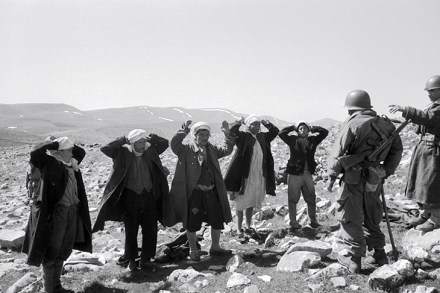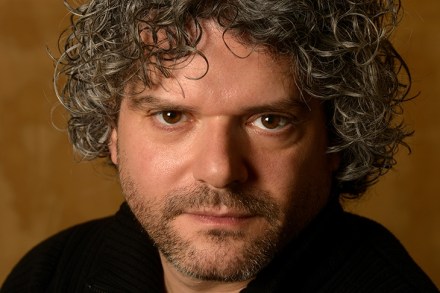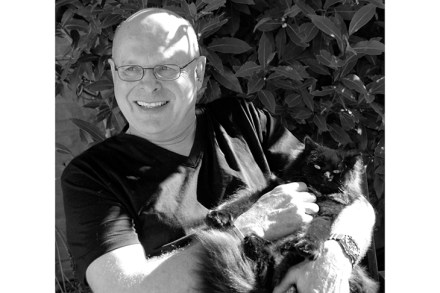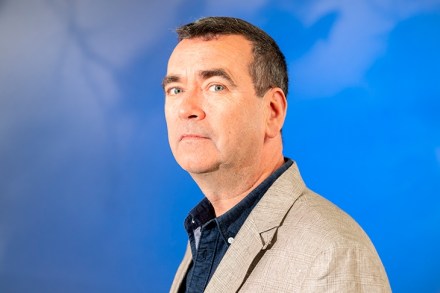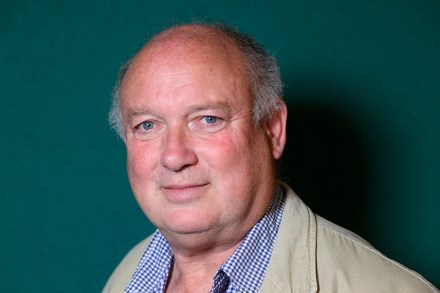Two for the road: We Are Not in the World, by Conor O’Callaghan, reviewed
A father and his estranged 20-year-old daughter set off across France, sharing the driver’s cabin of a long-haul truck. This is a road trip like no other: Paddy, deracinated, footloose, divorced, taking on a temporary job for reasons that become clear later; and daughter Kitty, spiky, provocative, shaved head, grubby jeans and sweater, wrapped in an old mink coat she’s pinched from her grandmother. Occasionally she rewards her father with an ambiguous affectionate response as their edgy banter veers in and out of dangerous territory: the minefield of parenthood. The narrative is fractured; nothing told chronologically, the surface deliberately throw-away — skewed punctuation, sentences left hanging. Conor O’Callaghan is a





